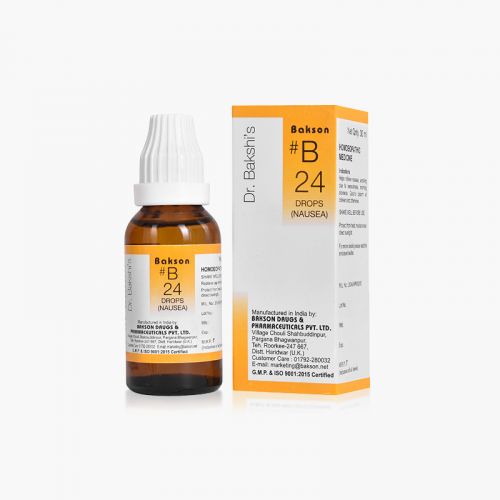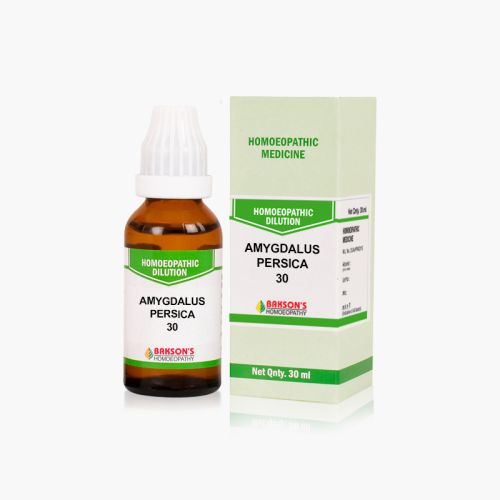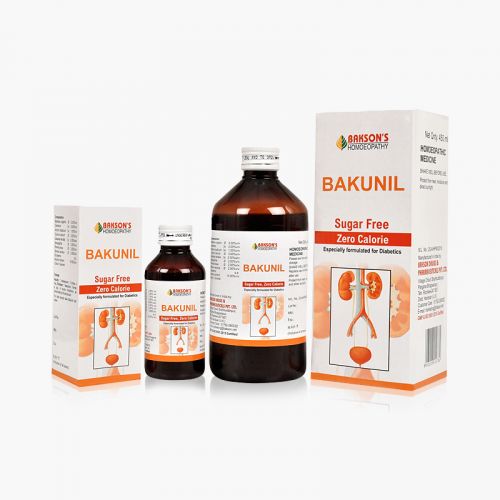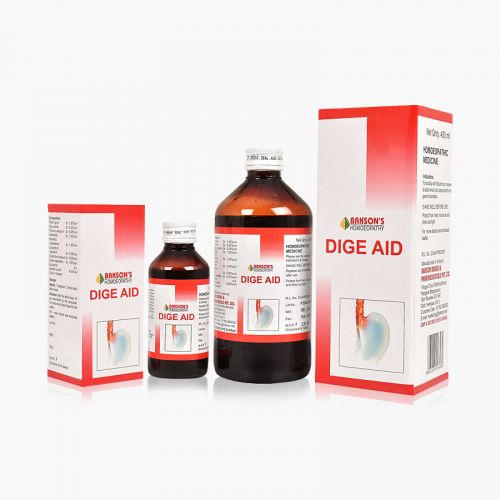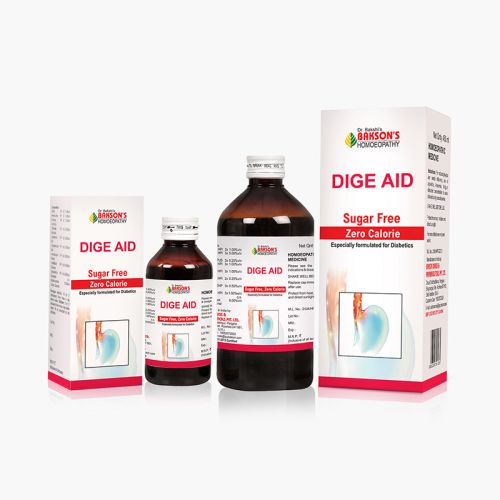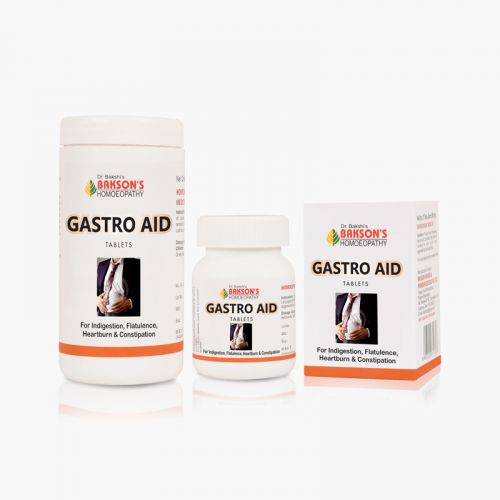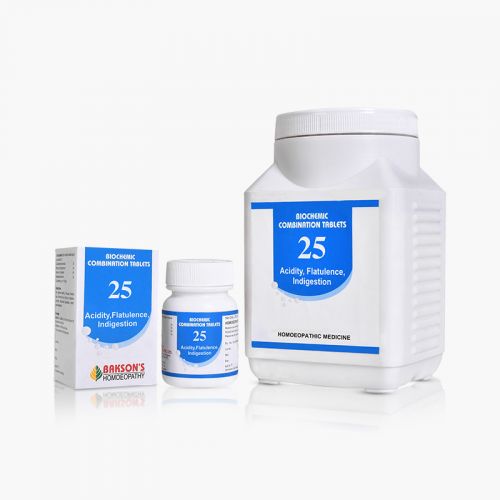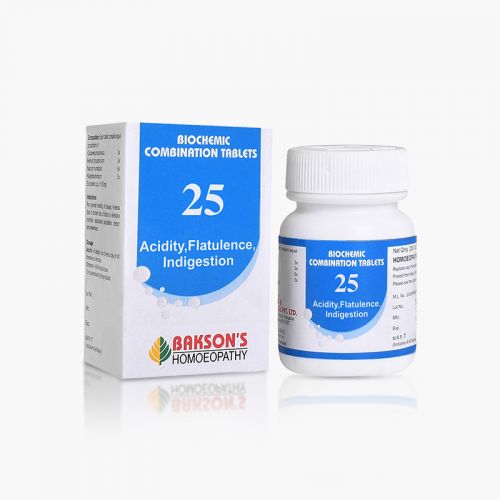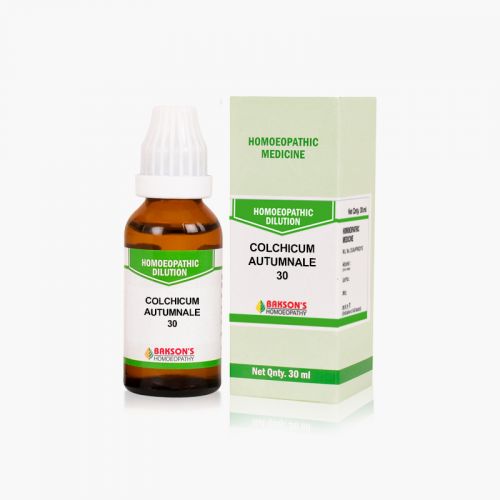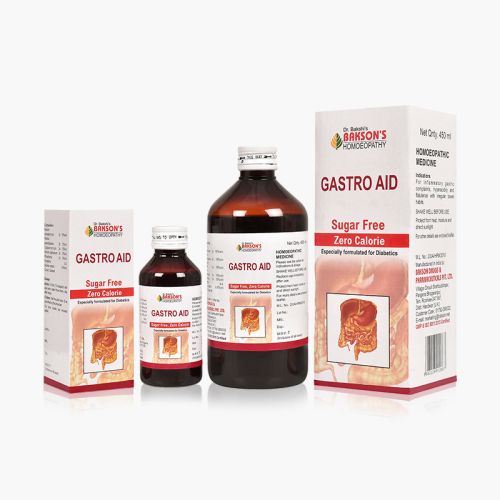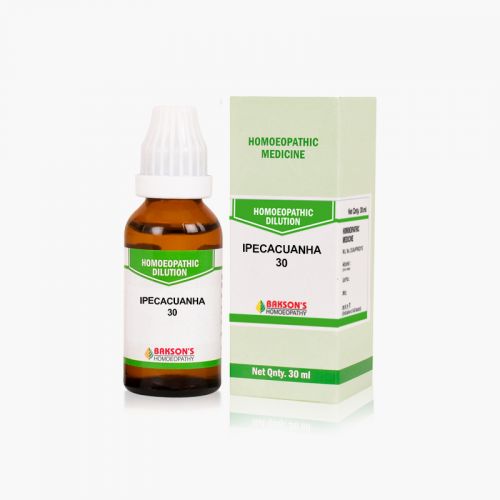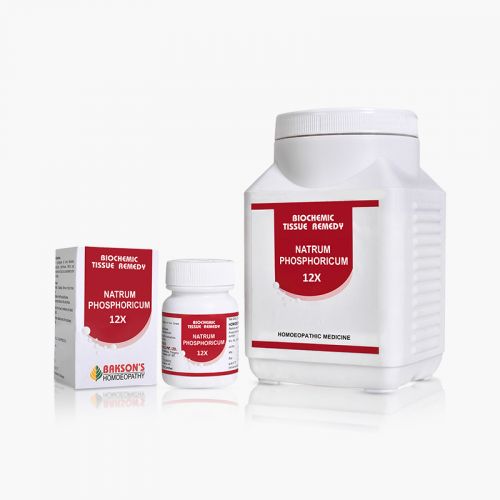We use cookies to make your experience better. To comply with the new e-Privacy directive, we need to ask for your consent to set the cookies. Learn more.
What is Vomiting?
Vomiting or emesis is clinically defined as the oral eviction of gastrointestinal contents, due to contractions of the gut and the muscles of the thoracoabdominal wall.
Physiologically, vomiting is considered to be a somatic driven process which is controlled by the emetic centre and chemoreceptor trigger zone of medulla. The stimulation of these centres induces a series of events which cause vomiting.
Causes
Though vomiting is a very common reason for consultation, it is often self-limiting. But it may indicate a serious underlying condition which requires detection of the cause and its treatment.
- Food poisoning
- Indigestion
- Motion sickness
- Morning sickness
- Chemotherapy
- Migraine headaches
- Certain medications
- Appendicitis
- Gastro-oesophageal reflux disease (GERD)
- Gallstones
- Congenital pyloric stenosis
- Anxiety
- Crohnעs disease
- Irritable Bowel Syndrome (IBS)
- Concussion
- Food allergies
Diagnosis
The exact cause of vomiting can be determined from the history and physical examination. Diagnostic tests should be recommended in the case of suspicion of an underlying medical condition. Also, it is important to rule out any emergencies which may require hospitalization. Warning signs such as chest pain, severe abdominal pain, central nervous system symptoms, fever, a history of immunosuppression, hypotension and severe dehydration require an immediate diagnosis and evaluation.
A detailed history of symptoms of vomiting is also necessary in order to determine the exact aetiology. Example: Onset of symptoms (abrupt/gradual), timing of vomiting (before/during/after eating), quantity and quality of the vomitus etc.
General physical examination and abdominal examination must be done by the physician. Laboratory and imaging tests must be based on the history and physical examination of the patient.
General management
Since dehydration is the most common complication of vomiting, enteral rehydration should be considered. It must contain clear liquids containing sugar and electrolytes.
Warning: Above information provided is an overview of the disease, we strongly recommend a doctor's consultation to prevent further advancement of disease and/or development of complications.
Disclaimer: The information provided herein on request, is not to be taken as a replacement for medical advice or diagnosis or treatment of any medical condition. DO NOT SELF MEDICATE. PLEASE CONSULT YOUR PHYSICIAN FOR PROPER DIAGNOSIS AND PRESCRIPTION.
- #B 24 DROPSSpecial Price ₹ 160.00 Regular Price ₹ 200.00
- AMYGDALUS PERSICA 30₹ 100.00
-
-
- BAKSON DIGE AID SYRUP (SUGAR FREE)As low as ₹ 96.00
-
-
- BCT # 25 (ACIDITY, FLATULENCE INDIGESTION)-250TABSpecial Price ₹ 84.00 Regular Price ₹ 105.00
- COLCHICUM AUTUMNALE 30₹ 100.00
-
- IPECACUANHA 30₹ 100.00
-




